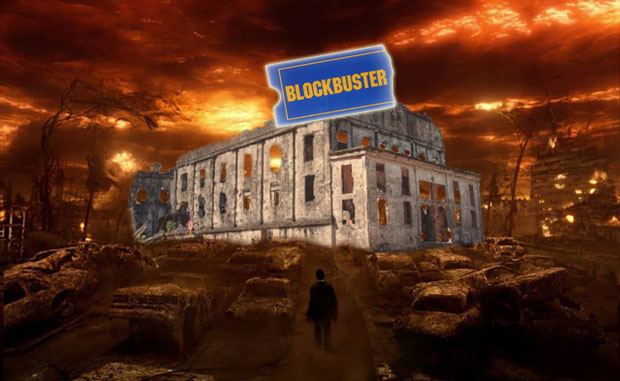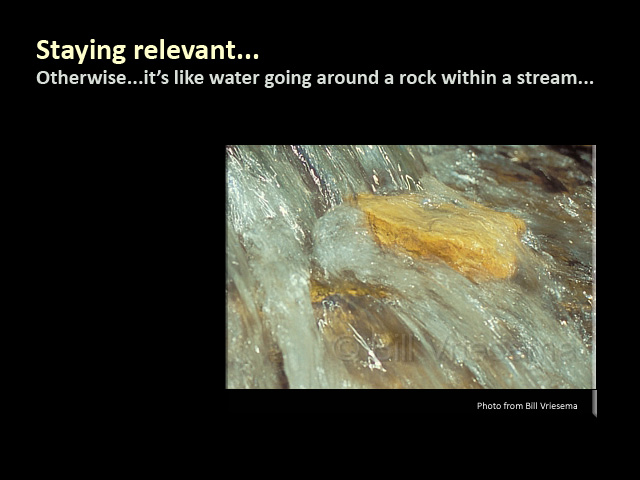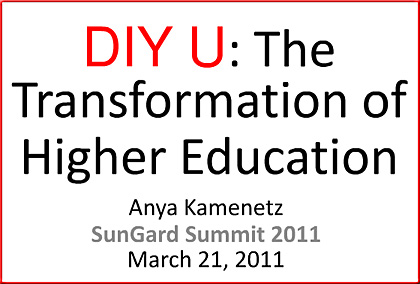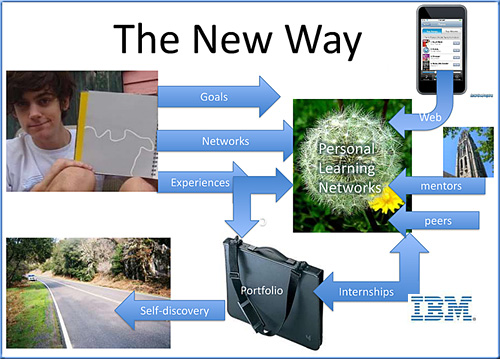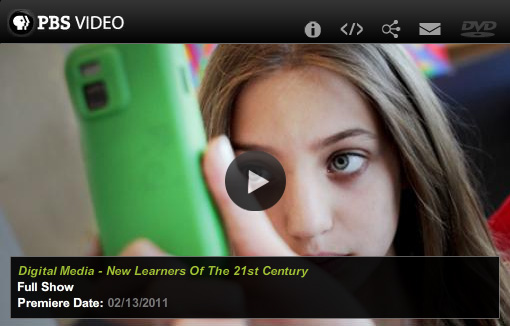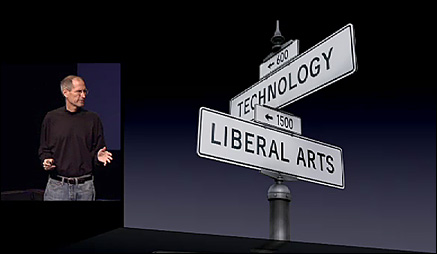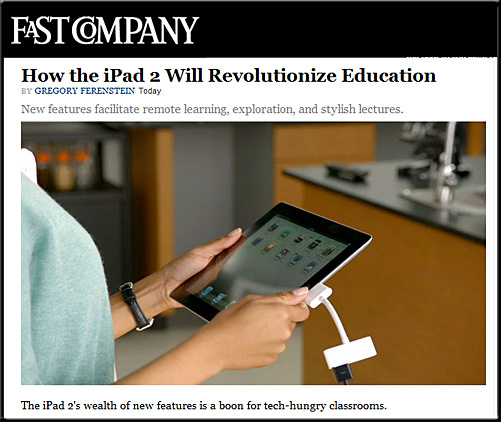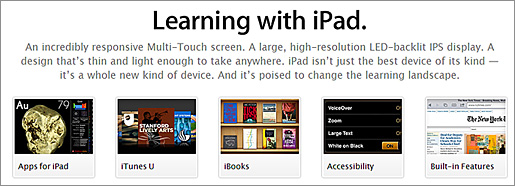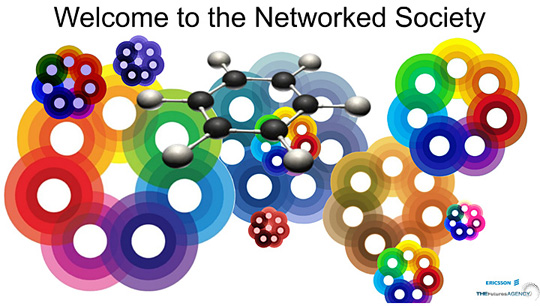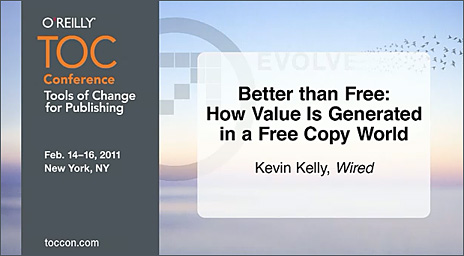Disrupt – Think the Unthinkable: A Book Review — from Gartner by Mark McDonald
There are many books that say you need to ‘disrupt’ your business to remain competitive. There are almost no books that describe how you create disruption in a clear, concise and step-by-step manner. Luke Williams’s book Disrupt – think the unthinkable to spark transformation is exactly this type of book.
It’s rare that a book discusses a complex issue, one with such potential for consulting jargon and confusion, and produces a clear, concise and actionable set of advice. Rather than try to cloud the issue, Williams tackles it head on by giving you the tools and discussion how you think differently and turn that thought into action. In a way this approach is disruptive in itself and that is a good thing.
Highly recommended as a useful and valuable book that takes the idea of disruption and gives you a way to think through it and put it into practice. In less than 200 tightly written pages, Williams provides clear and compelling tools that you can use to help identify, classify, and find the opportunities for disruption in your products, services and organization.









